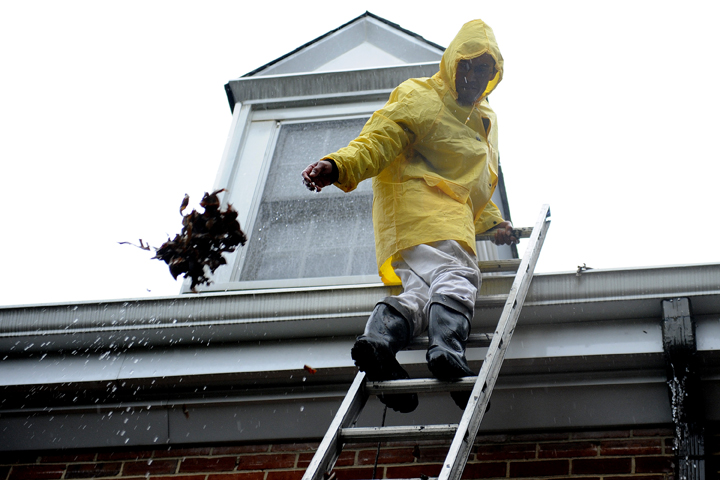Views expressed in opinion columns are the author’s own.
From my Maryland-based perspective, I could not imagine living through a hurricane as strong as Hurricane Ida, which hit Louisiana as a powerful Category 4 storm. Yet, for those from Louisiana, this storm — and its life-threatening damages — are very real. Ida has ravaged everything in its path, from small towns to the large city of New Orleans. It has knocked out electricity, rendering public services useless. Given the extent of the damages, the lights could remain out for weeks.
In this moment of devastation, one would hope that their government did all it could to mitigate the storm’s catastrophic effects.
Yet, after examining the federal response to Ida over the past week, it is clear that the government preferred a more reactive approach. President Joe Biden himself stated that “as soon as the storm passes, we are going to put the country’s full might behind rescue and recovery.”
While it’s important to have an efficient disaster response after a storm occurs, the need for a more proactive approach can’t be overlooked. At-risk citizens should be helped before a storm begins to wreak havoc, and the preemptive tactics needed to prevent damages can’t be overlooked.
Rather than using significant emergency funds to support a reactive Federal Emergency Management Agency response, funds should be diverted to lead a federally-funded proactive evacuation effort. As the area’s more affluent population used their bank reserves to pay for transportation and lodging away from the impact zone, low-income families without that financial cushion were forced to stay in the area and bear the brunt of the storm.
By leading a more comprehensive federal evacuation plan, low-income families will have a higher chance of evading storms before they hit. With an abundance of private and public services, such as charter airlines and the National Guard, there is an ample selection of remedies this administration could have used to evacuate Louisiana’s most vulnerable; and it failed.
It could appear idealistic to assume evacuating an area’s most vulnerable population before a storm would decrease the damages. Storms, after all, will still hit regardless of how many people are home. But in order to satisfy the federal government’s goal of prioritizing safety, the most important objectives can’t be based on profits or protecting assets.
If safety is the true goal, then the federal government should start by understanding the relationship between natural disasters and climate change, particularly because the South will bear the brunt of climate change. Perhaps increasing taxes on the 100 companies that caused more than 70 percent of the global emissions exacerbating climate change since 1988 would give the government the necessary funds to lead a proactive natural disaster response that actually maximizes safety.
All we can do now is watch in horror, and hope the reactive federal response provides needed assistance to those most in need. But for the next inevitable major storm, let’s hope for a more proactive response.
Anthony Liberatori is a rising junior environmental science and economics major. He can be reached at alib1204@umd.edu.



